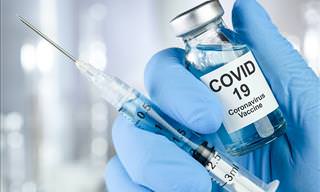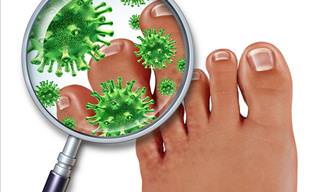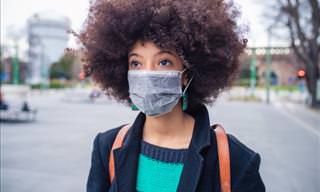People who have recovered from COVID-19 may retain protective immunity against any serious disease from the SARS-CoV-2 virus for up to 8 months, a new study claims.
The study, published in the journal Science, was conducted by researchers at the La Jolla Institute in La Jolla, CA, who analyzed blood samples from 188 COVID-19 patients. Of these, 43 samples were taken at least 6 months after the infection. The team studied all four branches of the “adaptive” immune system that’s comprised of antibodies, memory B cells, helper T cells, and killer T cells, and concluded that COVID-19 patients who recovered from the disease still have a strong immune response that lasts for close to 8 months at least.
“As far as we know, this is the largest study ever for any acute infection that has measured all four of those components of immune memory,” says Prof. Crotty.
According to the study, the adaptive immune system of around 95% of the participants retained a memory of the infection in at least three of its branches between 5 and 8 months after the onset of their symptoms.
“Our data suggest that the immune response is there — and it stays,” says Prof. Alessandro Sette, who co-led the study with Prof. Shane Crotty.
Since there have been plenty of contradictory reports regarding immunity to the disease, this new comprehensive study helps clarify some doubts raised by other institutes.
However, Sette explains that a decline in antibodies over time to a certain extent is very normal. "That's what immune responses do. They have a first phase of ramping up, and after that fantastic expansion, eventually, the immune response contracts somewhat and gets to a steady-state," the researcher added.
Limited risk of re-infection
The researchers of the study also found that virus-specific antibodies remain in the bloodstream months after infection from COVID-19. The body has immune cells called memory B cells (MBCs) that produce antibodies against invading pathogens. If a COVID survivor encounters SARS-CoV-2 again, then these cells would be reactivated and produce antibodies to fight off re-infection.
The SARS-CoV-2 virus uses its "spike" protein to gain entry to its host cells. The researchers thus looked for memory B cells specific for the SARS-CoV-2 spike. They discovered that the spike-specific memory B cells remained fairly stable in the blood for at least 6 months after infection.
Furthermore, the team observed levels of T helper cells, that activate parts of the immune system to fight an infection, and killer T cells, that recognize and kill a virus-infected cell. "COVID-19 survivors also had an army of T cells ready to fight reinfection. Memory CD4+ "helper" T cells lingered, ready to trigger an immune response if they saw SARS-CoV-2 again," the researchers said.
This implies that the body preserves a protecting immunity after recovery. In fact, the team says that it’s also a sign that the immunity likely lasts for years.
Tread with caution
Now that the COVID-19 vaccination rollout has begun almost everywhere, what does protective immunity mean for those who will receive the vaccine shots? The team explains that vaccinations spark off the same mechanisms as our natural immune response and hence their findings also apply to people who are already vaccinated or are about to be.
While these are encouraging signs, we need to tread with caution. Protective immunity does vary significantly from person to person and “uncommon individuals with weak immune memory still may be susceptible to reinfection," Crotty explains. Furthermore, we still don’t know for sure if local immune memory in the upper respiratory tract plays a crucial part in establishing whether a person can be re-infected.
Thus, it’s still too early to make a definite statement regarding COVID-19 immunity. We need more comprehensive studies and data for that. While this new study does offer some hope, we must keep following the safety measures as long as it’s needed.
Share this information with your friends and family
 Go to BabaMail
Go to BabaMail



























